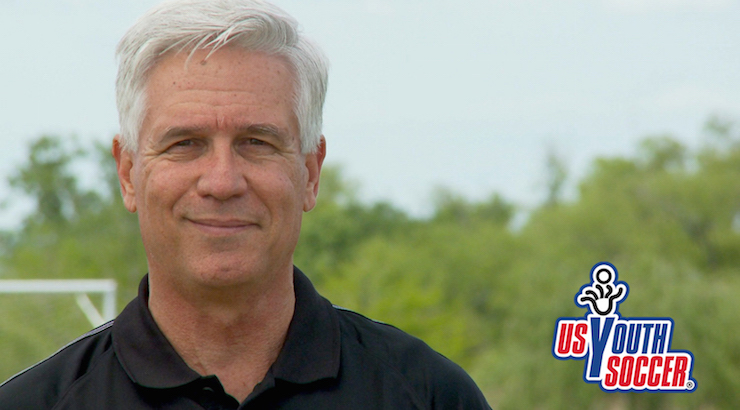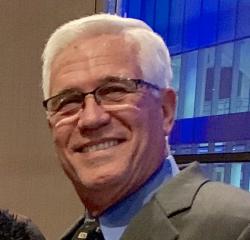Sam Snow: Strive To Better Your Best
One attribute often said about top class coaches is that they are life-long students of the game. The coach who feels he or she knows it all is on the slippery slope to delusion. As Coach John Wooden once said, “It is what you learn after you know it all that counts.”
The coaches who have the chance to develop players, win matches and perhaps also inspire a few future coaches, are people who strive for excellence. Success is the probable outcome while pursuing excellence.
A coach who wants to excel is one who continually wants to improve. These coaches self-reflect after matches, training sessions and team meetings. They ask themselves on what points did I do well and where can I improve. These are the coaches who attend coaching courses throughout their careers. They study on-line, read books and articles (such as this one) and they go to conventions, seminars, etc.
Since early January I’ve been to the US Youth Soccer Workshop at the NSCAA Convention, clinics for club coaches with the Broomfield Soccer Club in Colorado, a National Youth License course in Florida and state instructor training for Oregon Youth Soccer as well as their coaching sessions at their AGM, the Iowa Soccer Coaches Symposium for high school and youth coaches, the Soccer Champions Coaches Clinic in Connecticut, a second National Youth License course in California and the AGM for Utah Youth Soccer.
 Earning a License or a Diploma in the National Coaching Schools is an important step for all coaches to take. But the competencies in between the formal coaching courses are equally important. Those competencies could be on-line clinics such as the Heads Up clinic through the CDC or they could be attending the education sessions at your state association’s events. Several on-line clinics are readily available through US Youth Soccer.
Earning a License or a Diploma in the National Coaching Schools is an important step for all coaches to take. But the competencies in between the formal coaching courses are equally important. Those competencies could be on-line clinics such as the Heads Up clinic through the CDC or they could be attending the education sessions at your state association’s events. Several on-line clinics are readily available through US Youth Soccer.
Planned time for dialogue among coaches is another means of education outside of the coaching schools. The coaches in a club or a league could meet once a month to discuss and debate issues pertinent to youth soccer coaching.
With a few exceptions one of the must underutilized resources for continuing education is mentoring. Very few soccer clubs in North America have a real plan for mentoring the novice coaches in the club.
Indeed, few club directors of coaching in a club actually direct and develop the club’s coaches, when in fact that is the demand of the job – or it should be. Clubs should have a business plan that allows the director of coaching to work directly with all of the coaches in the club as well as coach a team or two. The consistent personal interaction between coaches at the club level from 3 to 10 months a year cannot be matched.
The bottom line for coaches is to constantly push themselves out of their comfort zones in order to improve their craft of coaching. In other words do what you ask your players to do, strive to better your best.
A place to start is here @ US Youth Soccer. And ii is very important to stay current with CDC Concussion Course which provides HEADS UP to Youth Sports: Online Training.






